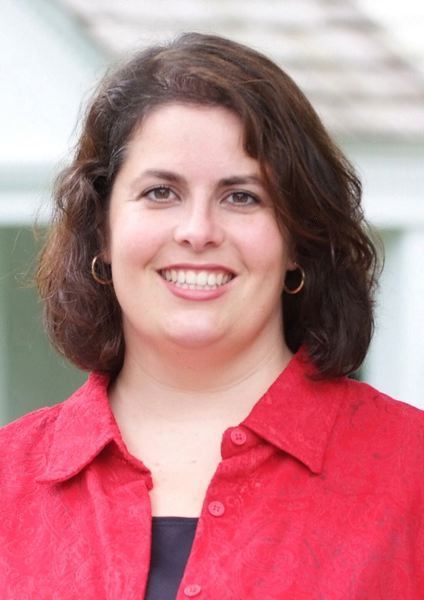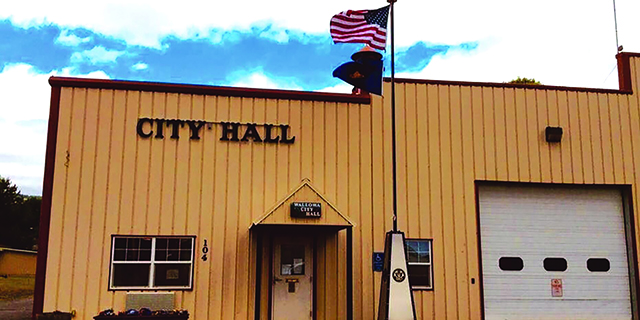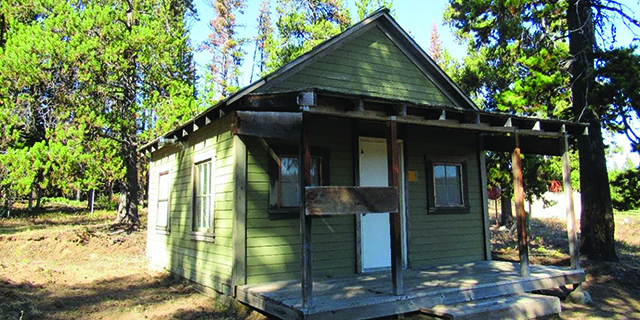No headline.
Published 5:08 pm Saturday, May 30, 2015

- Julie Parrish
SALEM — Lawmakers in Salem love to repeat the quote attributed to Otto von Bismarck, that bill writing is akin to sausage making.
“I was talking to a friend and he said to me if you like laws or if you like sausage, it’s probably best not to see either one of them getting made,” Rep. Ann Lininger, D-Lake Oswego, said during a committee meeting in May.
Trending
In fact, Oregon statute allows lawmakers the option to keep much of that sausage making private, thanks to an exemption to the state’s public records law when the Legislature is in session. Many other states have similar provisions.
Rep. Julie Parrish, R-West Linn, hoped to end that exemption with a bill introduced this session. But Parrish said Thursday that the bill, which would also impose deadlines and fee limits on government responses to records requests, is essentially dead.
“I just don’t see where it’s going to move forward,” Parrish said of House Bill 3505. “If my colleagues do nothing about it, then it’s a shame on them about it. I hear a lot of floor speeches about money in politics and Democracy.”
Parrish said the chairwoman of the House Committee on Rules, House Democratic Leader Rep. Val Hoyle, could have done more to work with Parrish to come up with public records reform legislation that on which more lawmakers might agree.
In a written statement Thursday, Hoyle said Parrish’s bill stalled because of opposition from city and county governments. Those agencies testified that deadlines and changes to fees in Parrish’s bill would have been too costly.
“The testimony delivered in committee from local governments and school districts was overwhelmingly clear that HB 3505 as written is unworkable,” Hoyle wrote in an email. “That said, I believe we need to make substantial reforms to public records policies as part of an overall effort to increase transparency and accountability and restore the public’s trust in state government. That’s why earlier this month I convened a bipartisan group of House members to discuss ideas for meaningful ethics reforms focused on the legislature. I’ve asked the Speaker for the ability to continue convening this group to work on recommendations that we can bring forward.”
Trending
Aaron Knott, legislative director for the Oregon Department of Justice, also submitted written testimony that Parrish’s bill would encourage people to file overly broad records requests, because it would require governments to waive all fees if employees were unable to respond within 21 days. Knott also wrote that some sections of the bill were laudable, although he did not address the legislative exemption.
Since Oregon lawmakers currently choose whether to respond to public records requests, individual lawmakers respond very differently to the same request. The EO Media Group/Pamplin Media Group Capital Bureau recently requested a copy of the April work schedules for the 10 lawmakers on the House-Senate committee working on marijuana issues. Four lawmakers provided their schedules: Sen. Floyd Prozanski, D-Eugene, Sen. Lee Beyer, D-Springfield, Sen. Ginny Burdick, D-Portland and Rep. Peter Buckley, D-Ashland. A spokeswoman for Senate Minority Leader Sen. Ted Ferrioli, R-John Day, said he intended to provide his schedule and she was checking into the issue.
Prozanski said he released his schedule because it did not add much to his staff’s workload.
“It was pretty simple,” Prozanski said. “From my perspective, it was something we could accommodate in the heat of the legislative session.” Prozanski said he handles public records requests on a case-by-case basis and has used the legislative exemption in response to more voluminous requests because they would have taken too much of his staff’s time away from other work during the session.
“I have a desire to be as transparent as possible under the circumstances,” Prozanski said.
Miles Pengilly, chief of staff for Rep. Ken Helm, D-Beaverton, wrote in an email that the lawmaker “has chosen to invoke the in-session exemption for any and all public records requests made during the legislative session. It is time-consuming for our office to satisfy these requests and distracts our focus from important legislative work during the fast-paced, high-stakes session.”









